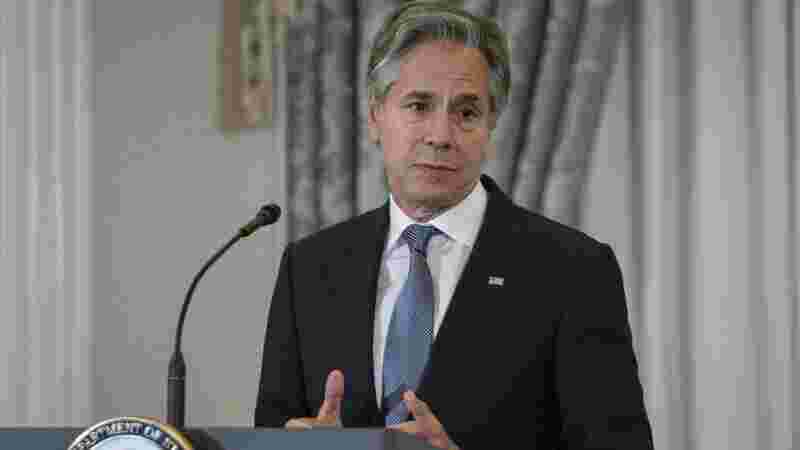On Friday, US Secretary of State Antony Blinken stated that Iran's breakout time—the period required to produce sufficient weapons-grade material for a nuclear weapon—is now estimated to be “probably one or two weeks.” This assessment reflects the ongoing advancements in Iran’s nuclear program and represents the shortest breakout time cited by US officials to date. Speaking at the Aspen Security Forum, Blinken remarked, “Where we are now is not in a good place. Iran, after the nuclear agreement was abandoned, is now potentially one or two weeks away from having the capacity to produce fissile material for a nuclear weapon, rather than the previous estimate of at least a year.” He noted, however, that Iran has yet to develop a nuclear weapon itself, an issue that is closely monitored by the US.
Blinken emphasized that the US aims to prevent Iran from acquiring a nuclear weapon, preferring to achieve this goal through diplomatic means. Over a year ago, a senior US Defense Department official indicated that Iran could produce “one bomb’s worth of fissile material” within “about 12 days.” The Biden administration had spent over a year in indirect negotiations to revive the Iran nuclear deal, which the US exited in 2018 under the Trump administration, but those efforts stalled in late 2022 due to what the US deemed “unreasonable” demands from Iran related to an International Atomic Energy Agency (IAEA) investigation into unidentified uranium traces found at undisclosed Iranian locations. Following this breakdown in talks, the administration stated that the nuclear deal was “not on the agenda.”
Although Iran's new president has signaled a willingness to engage with the West, a senior State Department official informed CNN that they no longer consider a return to the nuclear deal viable, citing Iran’s numerous escalatory actions since negotiations were halted. “We’re in a very different world; a lot of time has passed, and Iran has taken actions that render a return to the JCPOA non-viable,” the official stated. The State Department also expressed skepticism that the recent Iranian election would result in any significant change in the country’s behavior. “We have no expectations that this election will lead to a fundamental shift in Iran’s direction or policies,” said State Department spokesperson Matthew Miller. He explained that ultimate authority over Iran’s policy lies with the supreme leader, noting that recent decisions reflect a consistent direction that doesn’t align with US interests. Miller added, “If the new president could take meaningful steps to limit Iran’s nuclear program, halt terrorism funding, or curtail destabilizing activities in the region, we would welcome that. However, we don't anticipate those changes.”
Blinken says Iran’s nuclear weapon breakout time is probably down to 1-2 weeks
US Secretary of State Antony Blinken on Friday said that Iran’s breakout time – the amount of time needed to produce enough weapons grade material for a nuclear weapon – “is now probably one or two weeks” as Tehran has continued to develop its nuclear pro

